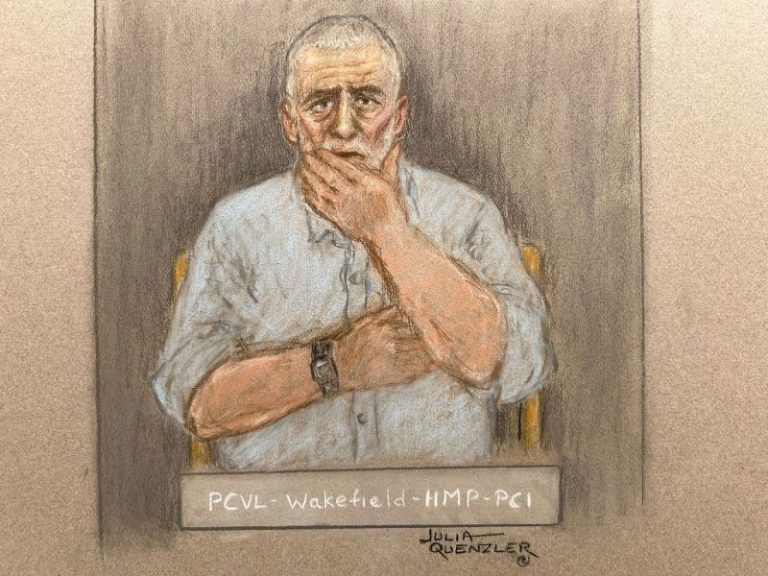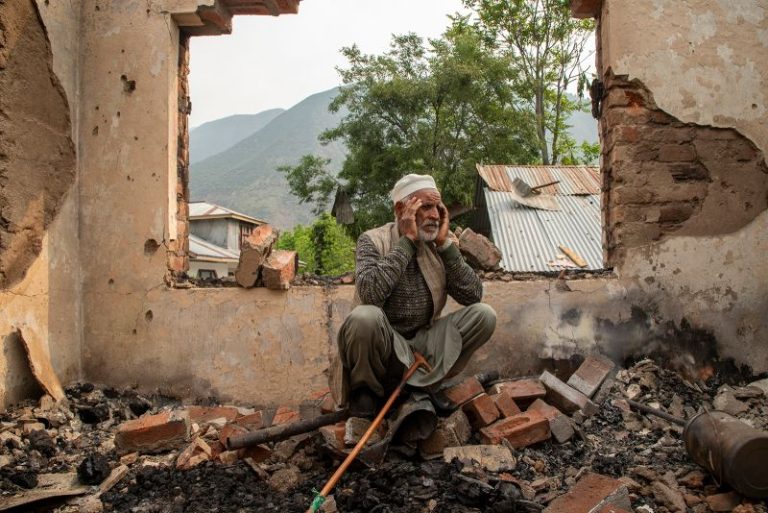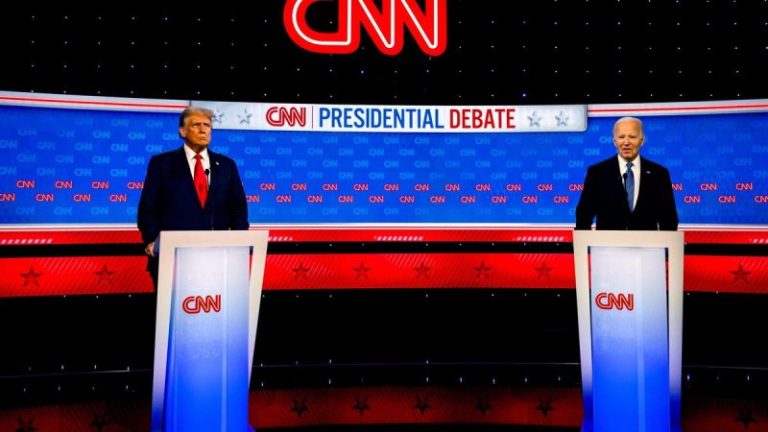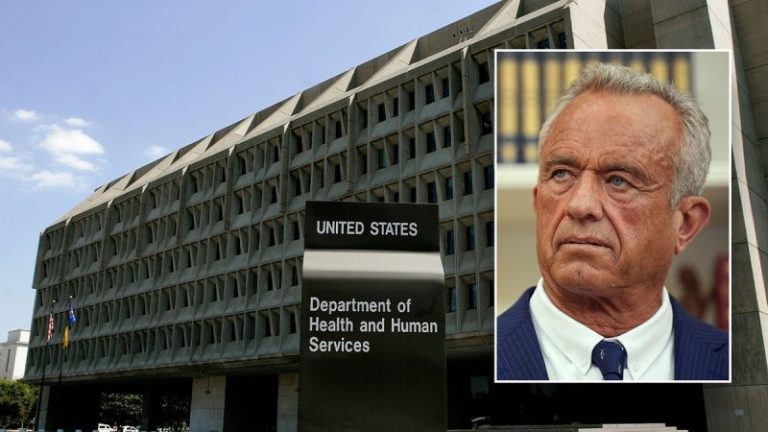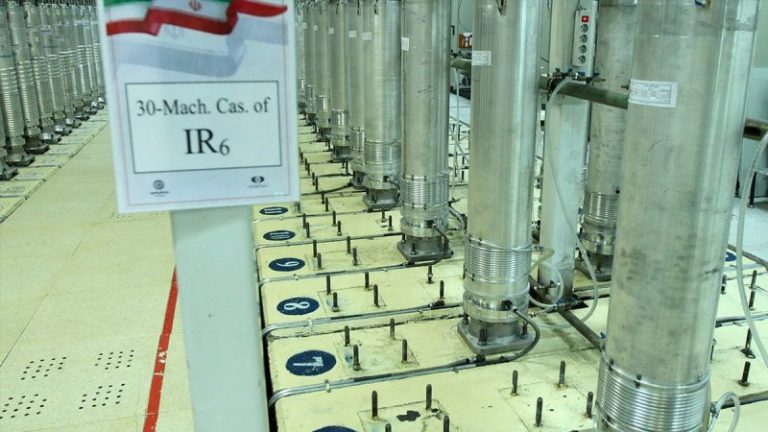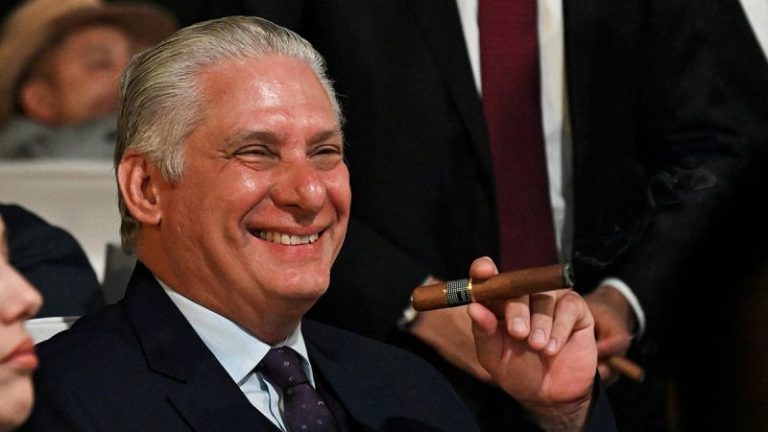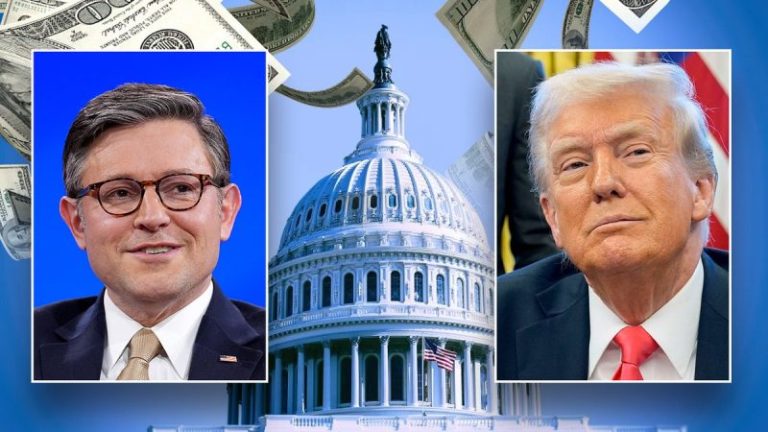A man who spent nearly four decades in a British prison in the killing of a barmaid said he was not angry or bitter Tuesday as his murder conviction was overturned and he was released after being exonerated by DNA evidence.
Peter Sullivan put his hand over his mouth and wept as the Court of Appeal in London quashed his conviction and ordered his freedom after he had spent years fighting to prove his innocence.
Sullivan, who watched the hearing by video from Wakefield prison in northern England, said through his lawyer that he was not resentful and was anxious to see his loved ones.
“As god is my witness, it is said the truth shall take you free,” attorney Sarah Myatt read from a statement outside court. “It is unfortunate that it does not give a timescale as we advance towards resolving the wrongs done to me. I am not angry, I am not bitter.”
He was the longest-serving victim of a wrongful conviction in the U.K., Myatt said.
Sullivan, 68, was convicted in 1987 of killing Diane Sindall in Bebington, near Liverpool in northwest England. He was behind bars for 38 years.
Sindall, 21, a florist who was engaged to be married, was returning home from a part-time job at a pub on a Friday night in August 1986 when her van ran out of fuel, police said. She was last seen walking along the road after midnight.
Her body was found about 12 hours later in an alley. She had been sexually assaulted and badly beaten.
Sexual fluid found on Sindall’s body could not be scientifically analyzed until recently. A test in 2024 revealed it wasn’t Sullivan, defense attorney Jason Pitter said.
“The prosecution case is that it was one person. It was one person who carried out a sexual assault on the victim,” Pitter said. “The evidence here is now that one person was not the defendant.”
Prosecutor Duncan Atkinson did not challenge the appeal and said that if the DNA evidence had been available at the time of the investigation it was inconceivable that Sullivan would have been prosecuted.
Merseyside Police said it reopened the investigation as the appeal was underway and was “committed to doing everything” to find the killer.
The Criminal Cases Review Commission, which examines possible wrongful convictions, declined to refer Sullivan’s case to the appeals court in 2008 because it said testing at the time was unlikely to produce a DNA profile.
A commission spokesperson said that while it made the correct decision based on the evidence at the time, it regretted not identifying the potential miscarriage of justice in its first review.
Sullivan appealed in 2019 without the CCRC’s help and the court turned down his bid in 2021.
But the commission took up the case later that year and was able to use scientific techniques that hadn’t been available during the earlier review to find the DNA that set Sullivan free.
“In the light of that evidence, it is impossible to regard the appellant’s conviction as safe,” Justice Timothy Holroyde said.
Police said the DNA found in the subsequent investigation does not match anyone in a national database. They’ve ruled out as suspects Sindall’s fiancé, members of her family and more than 260 men who have been screened since they reopened the investigation.
Sullivan’s sister, Kim Smith, reflected outside the court on the toll the case had taken on two families.
“We lost Peter for 39 years and at the end of the day it’s not just us,” Smith said. “Peter hasn’t won and neither has the Sindall family. They’ve lost their daughter, they are not going to get her back. We’ve got Peter back and now we’ve got to try and build a life around him again.”

